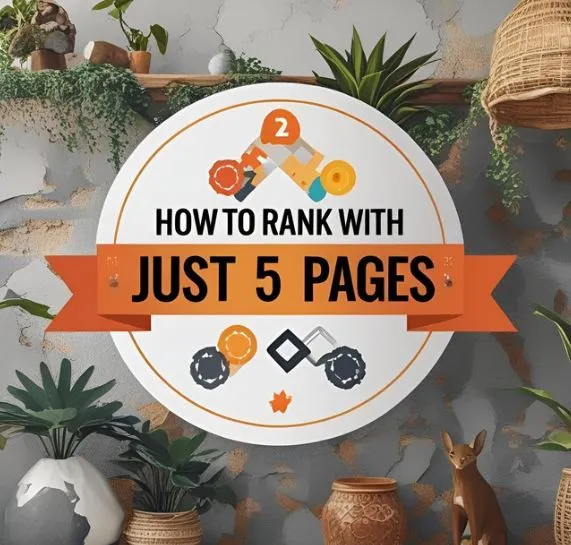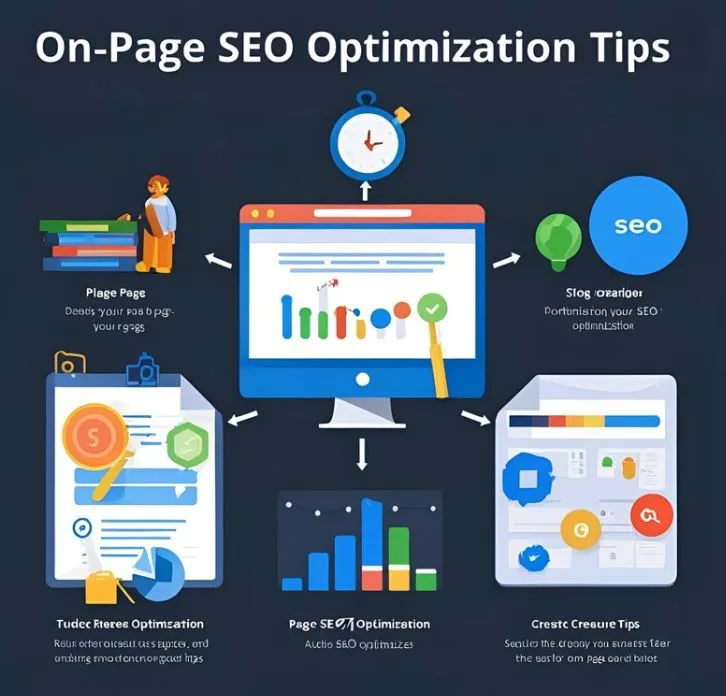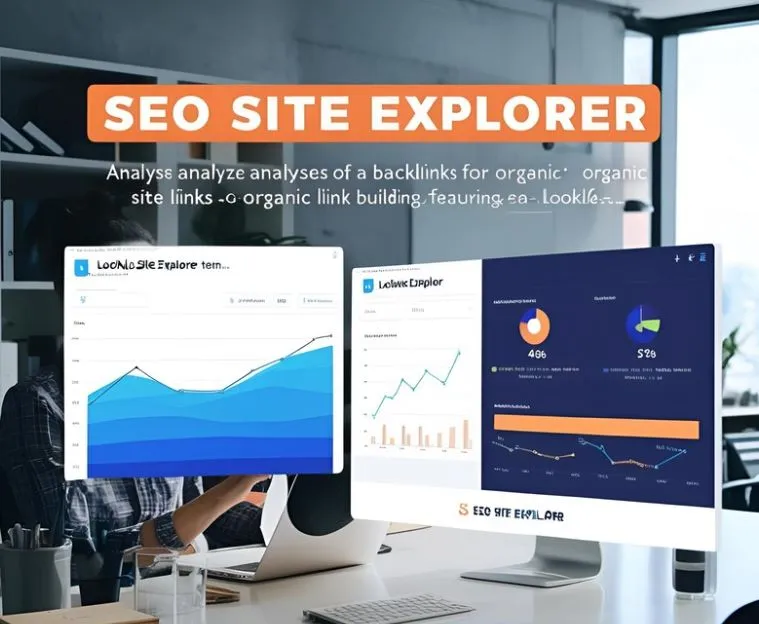
Is it really possible to see real SEO progress in just 30 days—without hiring an agency or building a full marketing team?
The short answer is yes.
With the right mindset, consistent execution, and smart tools like SEO Site Explorer, you can make measurable gains in just one month.
Day 1: The Challenge
Here’s your challenge: increase your organic visibility on Google in 30 days—solo.
No fancy tools. No marketing degree required. Just your website, your time, and the determination to take action.
Why 30 days? Because it’s enough time to:
-
Identify key SEO opportunities
-
Fix critical issues
-
Optimize your content
-
See early signs of traffic improvement
The Lean and Practical Mindset
To pull this off, you need to adopt a lean mindset. That means moving fast, focusing on impact, and learning as you go.
Your approach should be:
-
Analyze quickly
-
Act on the essentials
-
Measure results
-
Iterate on what works
1. Analyze Quickly
Don’t spend a week doing an exhaustive audit. Instead, use tools like SEO Site Explorer to:
-
Spot technical issues instantly
-
Find underperforming pages
-
Identify top opportunities with your current keywords
You’re looking for quick wins, not a perfect 80-page report.
2. Act on the Essentials
Don’t try to optimize 100 pages. Choose the top 5 that already rank on page 2 of Google and push them forward:
-
Improve titles and meta descriptions
-
Add internal links
-
Optimize headers and keyword placement
-
Improve page speed and mobile UX
These small, targeted actions can produce outsized results.
3. Measure Results
Track key indicators daily or weekly:
-
Changes in keyword rankings using the Organic Keyword Tool or SEO Site Explorer.
-
Increased traffic using the Web Traffic Checker tool.
-
Click-through rate using the Web Traffic Checker tool or SEO Site Explorer.
-
Bounce rate using the Web Traffic Checker tool or SEO Site Explorer.
4. Iterate on What Works
Double down on content types or optimizations that show traction. If updating blog posts boosts traffic, do more of that. If backlinks from certain directories work, find similar sources.
Each cycle teaches you something. Keep testing, refining, and executing.
What You’ll Need: Tools, Time, and Focus
Essential Tools
SEO Site Explorer by lookkle.com
This all-in-one SEO platform will be the core of your strategy. It handles site audits, keyword research, competitor analysis, backlink insights, and traffic metrics—all from one dashboard. It saves hours of manual work and delivers data that’s clear and actionable, even if you're not an SEO expert.
A Website You Can Edit
You need to be able to make content and technical changes to your website. This might be a WordPress site, a Shopify store, or any CMS that lets you control elements like title tags, meta descriptions, and internal linking. Without edit access, you’ll be limited in how much impact you can create.
Google Search Console
This free tool from Google is essential for monitoring how your site appears in search results. It provides direct feedback from Google about your indexing status, keyword performance, and potential issues like crawl errors or mobile usability problems.
Google Analytics
Use it to understand user behavior—what pages people visit, how long they stay, and where they drop off. It helps you measure the performance of your content and identify which pages are converting or need improvement.
Time Commitment
If you're solo and time-constrained, consistency matters more than intensity. One hour a day is enough to create momentum if you follow a focused plan. Alternatively, you can block out a few longer sessions per week to cover more ground at once. The key is to make SEO a routine, not a one-time effort.
This isn’t about overwhelming yourself. It’s about deliberate action every day that moves the needle.
Focus Areas
Basic Technical Audit
Start by identifying and fixing technical issues that may be holding your site back. This includes broken links, slow-loading pages, missing meta tags, and indexing problems. SEO Site Explorer will highlight these issues for you so you can fix what matters most, fast.
On-page Optimization
Update existing content to be more relevant and keyword-aligned. That includes optimizing titles, headers, meta descriptions, image alt text, and internal links. Focus on pages that already rank between positions 11–30; they’re closest to page one and can improve quickly with minimal effort.
Backlink Building
Not all backlinks are equal. Use competitor analysis to identify high-quality backlink sources and look for link gaps you can fill. SEO Site Explorer shows which domains link to your competitors and where you can find similar opportunities. Outreach to partners, directories, or niche blogs can yield quick wins.
Keyword Analysis
Find what your audience is searching for and what your site already ranks for. Then refine and expand your content based on that data. SEO Site Explorer helps you identify high-potential keywords that are low-competition or where you already have partial visibility.
Tracking Progress
Set up regular check-ins to monitor your traffic, rankings, and engagement. Look at trends, not just day-to-day fluctuations. Use insights from Google Search Console and SEO Site Explorer to validate your actions and make adjustments where needed.
SEO Site Explorer: Your Essential SEO Toolkit
SEO Site Explorer is your secret weapon to make SEO progress fast—without overwhelm.
Instant SEO Audits
Find and fix critical SEO issues like:
-
Duplicate titles
-
Missing meta descriptions
-
Slow pages
-
Non-indexed URLs
Organic Keyword Insights
Discover which keywords are already bringing you traffic—and which ones you can rank for quickly. Prioritize your efforts with data, not guesswork.
Competitor Intelligence
See which pages drive the most traffic to your competitors. Find keyword gaps, content opportunities, and backlink sources you can tap into.
Backlink Opportunities
Analyze competitor backlinks, find broken links, and uncover fresh link-building opportunities to boost your domain authority.
Engagement & Traffic Metrics
Track how your content performs with real data:
-
Time on page
-
Bounce rate
-
Device breakdown (desktop vs mobile)
Final Thoughts: Real Results, No Team Needed
With a lean approach, daily discipline, you can drive real SEO results in just 30 days on your own.
You don’t need to be a marketing pro. You don’t need a big budget. You just need the right strategy, the right tool, and the willingness to act.
???? Start your SEO sprint now with lookkle.com – and turn your site into a search engine magnet.
Tips on SEO and Online Business
Next Articles
Previous Articles








